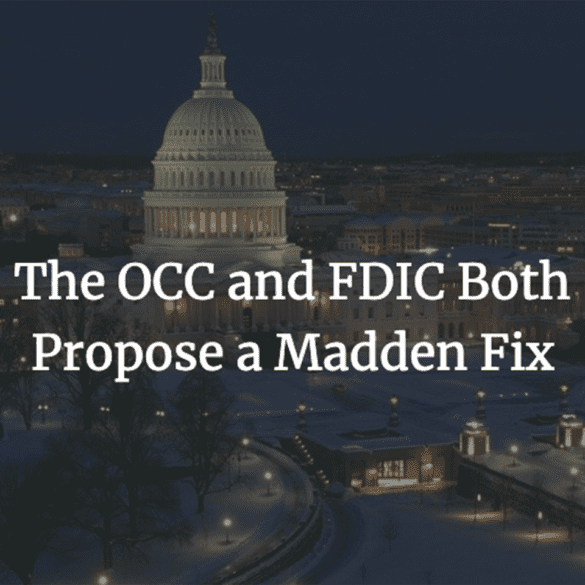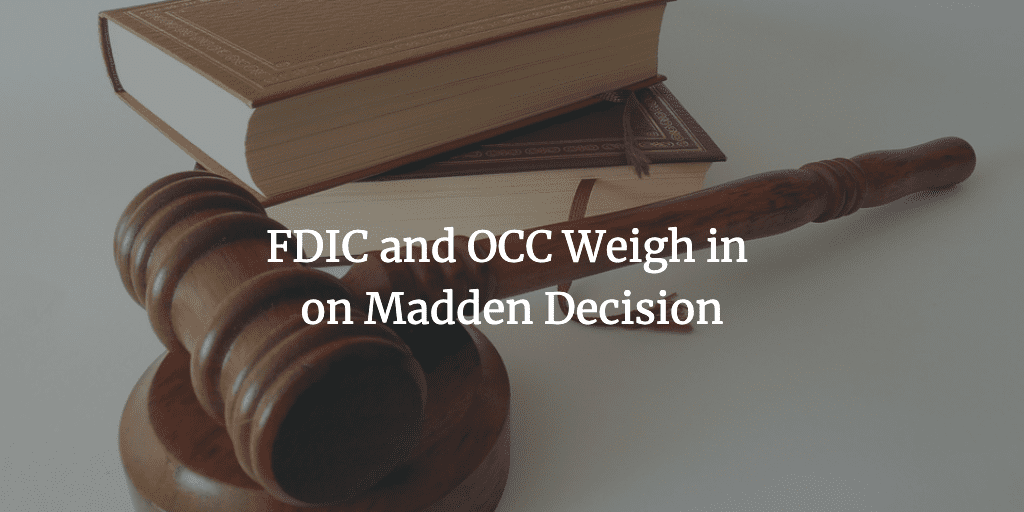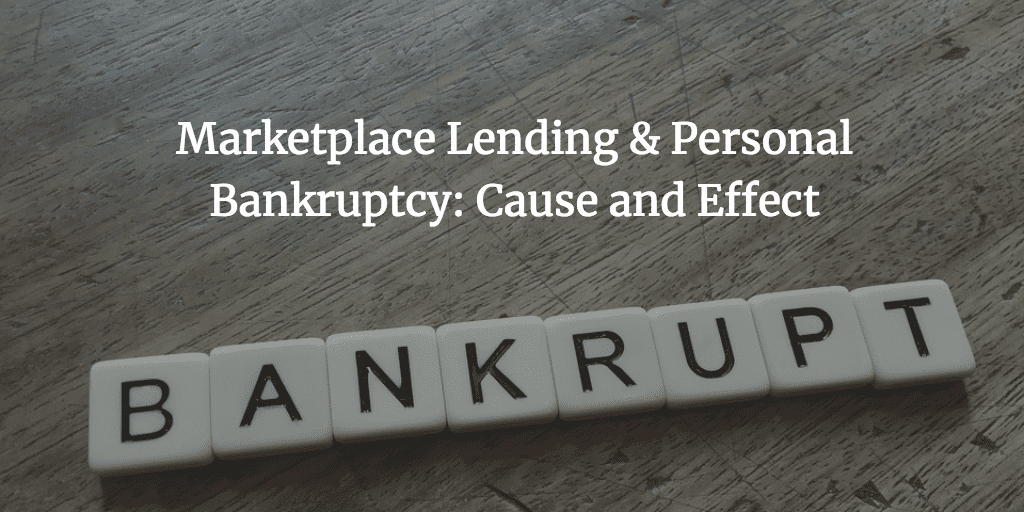The issue of “true lender” has been one that has dogged the marketplace lending industry virtually since its inception. When...
The House Financial Services Committee will have hearings next month to address regulations related to loans being sold across states;...
The Madden saga has been plaguing the marketplace lending industry for years now. We have covered this issue on Lend...
A proposed settlement in the Madden vs Midland case has been filed that would provide $9.8 million in cash and debt...
American Banker has published a rebuttal to a recent article about the “Madden fix bill” by Steve Astrada; article discusses how the bill will increase access to credit and benefit customers instead of increasing predatory lending; it also shares the consequences of the Madden decision and reviews the details of the case. Source
Brian Brooks became the Acting Comptroller of the Currency last Friday and he hit the ground running; he issued a...
I started writing about marketplace lending back in 2010, so I have spent almost the entire decade immersed in this...
·
There were some new developments in the Madden case, something we have been following for many years here on Lend...
Perhaps it’s true that money can’t guarantee a lifetime of happiness, but one thing that is fairly certain, personal bankruptcy...
The Protecting Consumers’ Access to Credit Act of 2017 was passed by the US House of Representatives. Source






